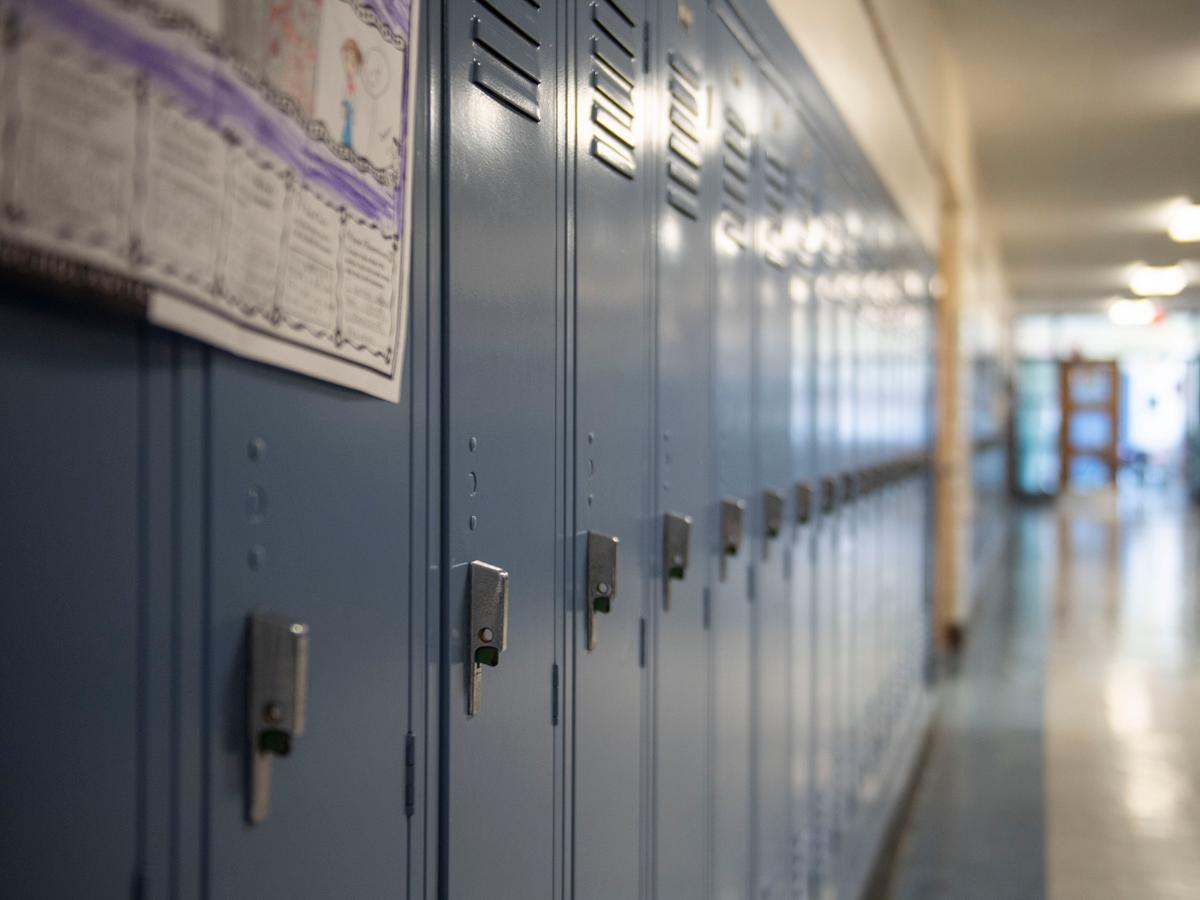In a significant effort to address the inequities in Pennsylvania’s education funding system, fifty school districts burdened with high property taxes will receive an additional $32 million in funding as part of this year’s budget. These supplements, ranging from $50,000 to $5 million, are aimed at districts where local taxes are disproportionately high compared to the wealth of their residents. Many of the districts set to receive this funding boost are located in Allegheny County or the Philadelphia collar counties.
State law mandates that the additional funds must be used by local school boards to prevent property tax increases, enhance existing tax reduction programs, or reduce debt. This initiative is a response to a Commonwealth Court decision that deemed Pennsylvania’s public school funding system as unconstitutionally inequitable, with a major contributing factor being the heavy reliance on property taxes to fund education, leading to disparities between schools.
Lawmakers, including Democrats controlling the state House, Republicans controlling the Senate, and Democratic Governor Josh Shapiro, have allocated over $1 billion in increased K-12 education funding in this year’s state budget. Approximately half of this funding is designated to assist the most financially challenged districts. Specifically, $493.8 million has been earmarked for new adequacy supplements, with an additional $32 million allocated for tax equity supplements for the current fiscal year.
Dan Urevick-Ackelsberg, an attorney for the Public Interest Law Center involved in the school funding case, views the tax equity supplement as a step towards creating a fairer system. He emphasizes that some districts achieve positive outcomes for students by asking residents to contribute more in taxes, reflecting an “extraordinary effort” that should be recognized and supported.
The supplements will be distributed based on the “local effort rate,” calculated by comparing a district’s revenue from local taxes to the market value of property and personal income of its residents. Districts with local effort rates in the 90th percentile or higher compared to the state average qualify for the supplement, with higher rates receiving larger supplements. In total, fifty school districts across Pennsylvania will benefit from these supplements, with amounts varying from $23,000 to $5.5 million.
One of the districts set to receive a substantial supplement is the Stroudsburg Area School District, which will receive nearly $2.5 million. Superintendent Cosmas Curry expressed relief at the prospect of lowering property taxes for the first time in years, acknowledging the positive impact this funding will have on families in the district.
The tax equity supplement was recommended by the Basic Education Funding Commission, a bipartisan group of lawmakers tasked with reviewing the state’s public education system. The commission’s Democratic-backed report proposed a significantly higher supplement of $955 million over seven years, while the Republican-backed report suggested reevaluating the use of property taxes without specific changes.
Despite the smaller supplement ultimately passed, Urevick-Ackelsberg views it as a positive step forward and a “watershed” moment in education funding. He stresses the need for a long-term commitment to address the substantial funding gap in Pennsylvania’s education system, advocating for expanding the program to include more districts and increasing the funding allocation.
In conclusion, the tax equity supplements represent a crucial effort to address the disparities in Pennsylvania’s education funding system and provide much-needed support to districts burdened with high property taxes. While there is still work to be done to achieve a fairer and more equitable system, this initiative marks a significant step towards ensuring all students have access to quality education.




:max_bytes(150000):strip_icc()/GettyImages-1810154198-8591a8137d8746baaefcfededf4ba8cd.jpg)















